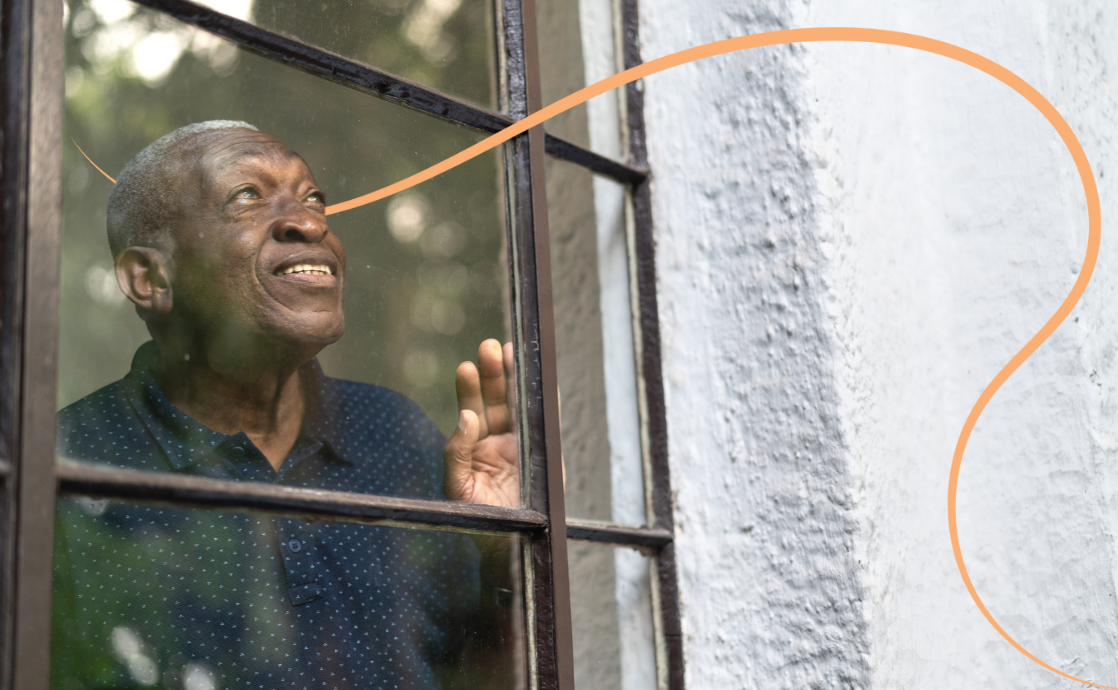Death is an omnipresent theme within the tapestry of human experience, and it often invokes a myriad of emotions, questions, and reflections. The recent passing of my friend George has elicited profound contemplation on the Bahá’í teachings regarding the ultimate final exam—the moment of our transition from this life to the next. This exploration traverses both the philosophical underpinnings of the Bahá’í perspective on death and the practical implications it holds for the living.
At the core of Bahá’í belief is the understanding that death is not an end but rather a transformation. This perspective establishes a continuity of existence that transcends the corporeal realm. As such, the death of a loved one becomes not merely a sorrowful event, but an invitation to reflect deeply on the nature of existence. By recognizing that life is a preparatory stage for the next, individuals are encouraged to reevaluate their priorities and the choices that shape their spiritual journeys.
George’s passing serves as a poignant reminder of the temporal nature of our earthly lives. In our materialistic society, there is a tendency to view death as the ultimate failure, a finality that brings closure to one’s existence. However, from a Bahá’í vantage point, this perception is incomplete. Life’s trials and tribulations are considered stages of spiritual development, essential for the cultivation of virtues such as patience, resilience, and compassion. The “ultimate final exam” symbolizes the culmination of these efforts—the assessment of one’s spiritual growth, intentions, and the impact one has on others.
This paradigm shift compels us to embrace a more profound appreciation for those we have lost. In the Bahá’í view, George’s spirit continues its journey, residing in a realm of existence characterized by heightened knowledge and evolving consciousness. Encounters with death often spur the living to confront their mortality, leading to revelations about their own lives. What legacy do we wish to leave behind? How can we meaningfully contribute to the world in our finite time? Such inquiries resonate deeply when we lose someone dear.
The teachings of Bahá’u’lláh emphasize the significance of love, unity, and service to humanity. In grappling with George’s absence, the synthesis of these principles becomes even more vital. Acts of service, kindness, and compassion not only honor the memory of those who have departed but also nurture a sense of continuity in our communities. The ties that bind us in life can be strengthened further through collective mourning and shared remembrance. The communal aspect of grief is an opportunity to engage with the wider implications of loss, fostering a sense of belonging and support amongst individuals who resonate with the same sorrow.
Moreover, the concept of death galvanizes us into reassessing our values. In times of personal grief, it becomes essential to contemplate the fragility of life and to focus on what truly matters. Bahá’í teachings underscore the ephemeral nature of material possessions and the pursuit of worldly accolades. Instead, they invite adherents to cultivate a distaste for the trivial, placing emphasis on spiritual growth, ethical living, and the propagation of love. As we mourn George, we find renewed commitment to these ideals, emphasizing the importance of empathy and connection in all our dealings.
In understanding the Bahá’í perspective on death, we recognize that it serves as a catalyst for spiritual awakening. The act of mourning, though laden with sorrow, can also be transformational. It allows individuals to confront their own existential questions—What does it mean to live a life of purpose? Are we contributing positively to the world around us? Such reflections are the essence of the ultimate final exam.
Furthermore, the interplay between mortality and the lessons imparted through loss can be both enlightening and unsettling. The sorrow of George’s departure is inextricably linked to the admonishment that life is an ephemeral gift; it must be cherished, honored, and lived with intention. This duality, a blend of sadness and hope, resonates deeply within the soul, pushing one towards personal growth and a deeper understanding of the divine.
In addressing the mystique surrounding death, we must pay homage to the ontological queries it prompts. Questions of what lies beyond, how the spirit evolves post-mortem, and the interconnectedness of all humanity become increasingly pertinent. The Bahá’í teachings offer insights into this existential conundrum, positing that the soul progresses through a continuum and that earthly life is but a single chapter in an eternal saga. This understanding fosters resilience in those left to carry on, encouraging them to share their experiences, encapsulating memories, and embodying the virtues espoused by the departed.
In summation, the death of a beloved friend like George is not merely a point of sorrow but a profound opportunity for reflection, growth, and recommitment to the values inherent in Bahá’í teachings. It challenges us to confront our beliefs about life, death, and the eternal journey of the soul. As we navigate the complexities of grief, let us honor those who have left us through acts of service, an enduring spirit of love, and a poignant commitment to nurturing humanity. Embracing life amidst the shadow of death is, indeed, the ultimate final exam—a test that ultimately reflects how well we have lived and loved.
